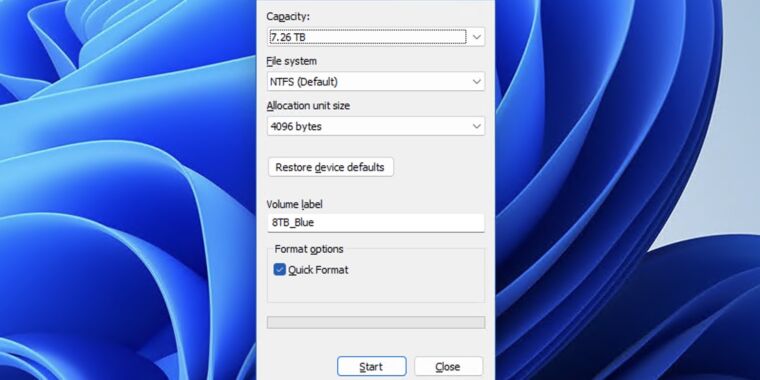In an uncertain world, the only certainty is that the world of work is going remain a combination of office-based and remote working, with the latter carried out especially by the smaller organisations – yet productivity, morale and ability to serve customers are being hamstrung by technology issues at European mid-size businesses, accordingly to research commissioned by Ricoh Europe.
The research explored the Covid-19 remote working experience of 632 European office workers at firms with between 250 and 999 employees.
It worked from the premise that most IT leaders have been implementing digital transformation strategies over several years but that while the groundwork IT teams had put in place have served well until now, the pandemic has shone a light on their organisations’ strengths and shortcomings. It added that firms must deliver technology and services that help minimise disruption to the business, improve customer experience and securely support new ways of working.
The study revealed companies were failing to adapt to the challenges of remote working, setting them up poorly for future success. Somewhat worryingly, it revealed that at a time when business continuity is key to remaining solvent, 24% of workers said they do not have the tools they need to deliver results for customers while working remotely. Additionally, 27% indicated they lacked the tools needed to collaborate with colleagues when working away from the office.
Ricoh also discovered the challenges with remote work were also impacting security and compliance: 27% reported that following company procedures is hard when working remotely because the technology in place does not enable it. This could have severe consequences for organisations that have to follow industry-specific compliance processes or more broad reaching legislative requirements such as GDPR.
Workers were found to be failing to receive the support they need when experiencing issues with technology, with 30% reporting difficulties communicating with members of their IT teams, who are too busy. This was seen to be resulting in frustrations with technology, and the inability to collaborate effectively is taking its toll on morale and staff wellbeing.
Almost a third (31%) of workers report feeling unmotivated and disengaged with their work due to communication and technology issues when working remotely. These problems have also hit the work-life balance, with 42% working longer hours in comparison with when they were working primarily from the office.
Assessing the findings of the report, Ricoh Europe CEO David Mills said that while there was no doubt an element of “survival mode” in many organisations at the moment, when businesses found their backs against the wall, the adage “you need to work smarter, not harder” rang truer than ever.
“Even if only a handful of the workforce is experiencing challenges, it can have a significant impact on the entire organisation,” said Mills. “The path forward is clear: identify and resolve those technology-related issues when it comes to collaborating with colleagues and following company procedures.
“Failing to address employees’ remote working needs could scupper many other long-term objectives,” he said. “It’s a balancing act, but only businesses that keep every plate spinning will continue along the path towards long-term success.”












